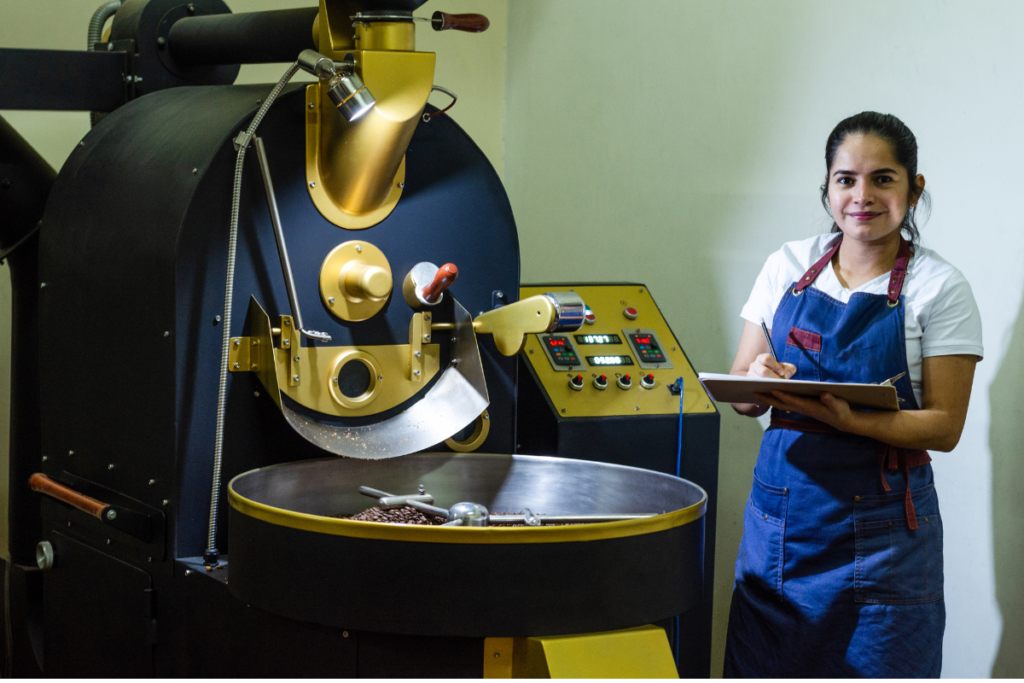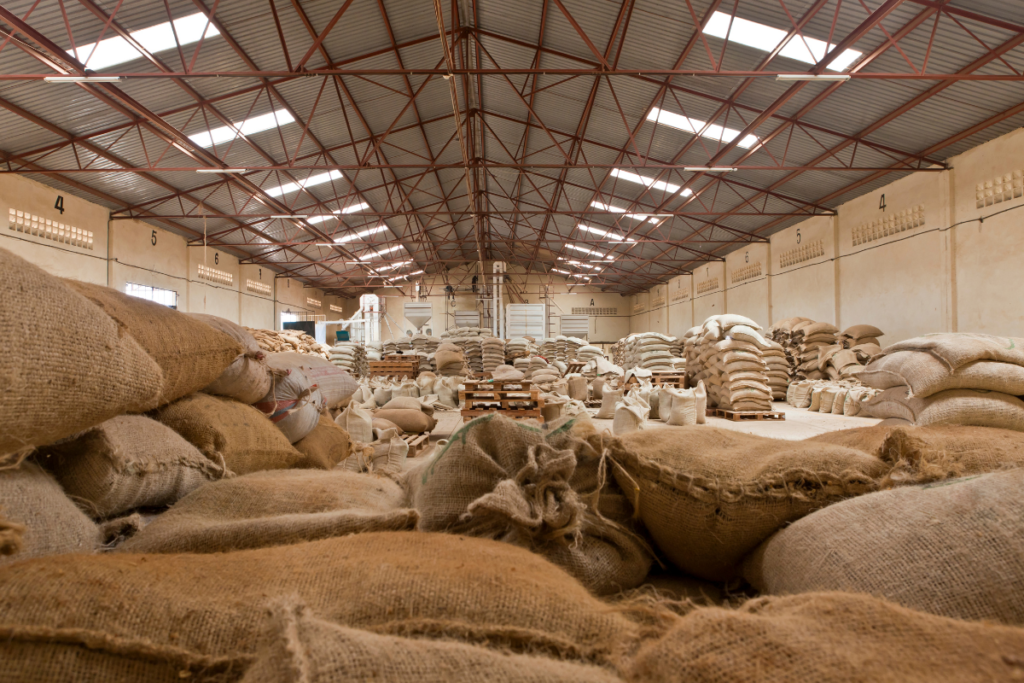
Specialty coffee roasters can differ in several key aspects, including their approach to sourcing, roasting techniques, commitment to sustainability, and overall philosophy. Here are some of the main differences you might find among specialty coffee roasters:
- Sourcing: Specialty coffee roasters may differ in their sourcing practices. Some roasters prioritize direct trade relationships with coffee producers, while others may work with importers who specialize in sourcing high-quality beans. The level of transparency and traceability in sourcing can vary, with some roasters providing detailed information about the farms and producers they source from.
- Roasting Philosophy: Roasters may have different philosophies when it comes to roasting coffee beans. Some may focus on highlighting the unique characteristics of specific coffee origins, while others may experiment with different roasting profiles to achieve specific flavor profiles or to highlight the nuances of different processing methods.
- Roasting Techniques: Specialty coffee roasters employ various roasting techniques to achieve desired flavor profiles. These techniques can include traditional drum roasting, air roasting, or even more experimental methods such as fluid bed roasting. The degree of roast (light, medium, or dark) and the duration of the roast can also vary depending on the roaster’s preferences and the characteristics of the coffee beans.
- Sustainability Practices: Specialty coffee roasters may vary in their commitment to sustainability and ethical sourcing practices. Some roasters prioritize working with coffee producers who employ environmentally friendly farming practices and provide fair wages and working conditions for workers. Others may invest in initiatives such as carbon offset programs or direct financial support for coffee-growing communities.
- Quality Control: Roasters may have different approaches to quality control throughout the roasting process. Some may invest in sophisticated equipment and quality control protocols to ensure consistency and quality in every batch, while others may rely more on the expertise of their roasting team to make adjustments based on sensory evaluation.
- Packaging and Presentation: Roasters may differ in their approach to packaging and presentation of their coffee products. Some may prioritize eco-friendly packaging materials and minimalist design aesthetics, while others may focus on creating visually striking packaging that reflects their brand identity.
- Community Engagement: Some specialty coffee roasters actively engage with their local communities through events, workshops, or educational initiatives. They may also participate in industry events and competitions to showcase their products and expertise.
Overall, the differences among specialty coffee roasters contribute to the diversity and richness of the specialty coffee industry, offering consumers a wide range of options to explore and enjoy high-quality coffee.


